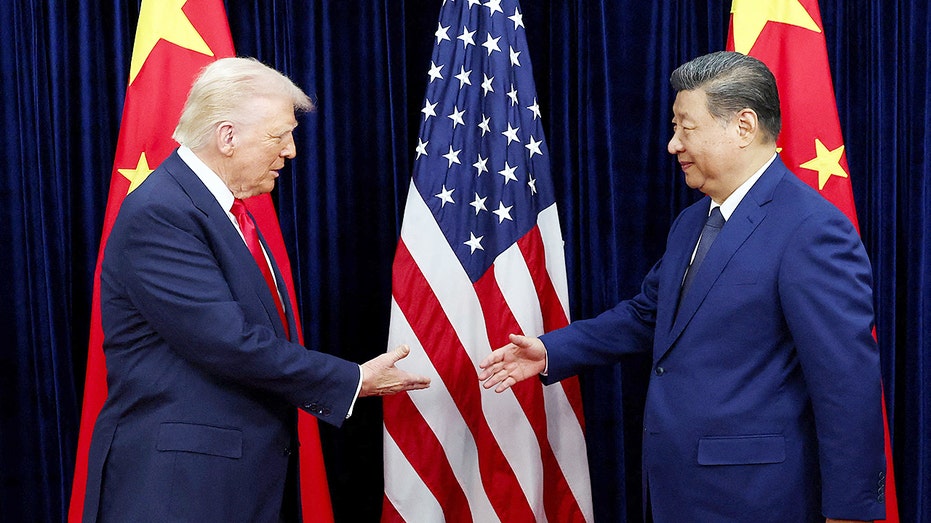America has a habit of revisiting old political battles, cloaking them in accusations. Lately, that accusation is “socialist,” a label flung at those daring to propose different approaches to long-standing problems. But beneath the surface of these charged terms lies a deeper current – a yearning for solutions to the everyday struggles of ordinary people.
The urge to categorize opponents with an "-ism" is a powerful, yet ultimately hollow, gesture. It doesn’t persuade; it preaches to the choir. History demonstrates this repeatedly. Accusations of “fascism” or “communism” haven’t stopped movements from gaining momentum, they’ve simply fueled polarization.
Consider the iconic “Daisy” ad from 1964. It didn’t rely on name-calling. Instead, it tapped into primal fear, linking a political opponent to a terrifying consequence – nuclear annihilation. That single, emotionally resonant ad reshaped political advertising, proving that feeling trumps ideology.
The core issue isn’t about embracing specific ideologies; it’s about addressing fundamental needs. Alexandria Ocasio-Cortez speaks to the burdens of debt and rent. Bernie Sanders champions dignity in work. These aren’t socialist talking points; they’re acknowledgements of real hardship. Dismissing them with a label avoids the underlying concerns.
When politicians focus on "-isms," they miss the crucial signal: people feel unseen. The appeal of these movements isn’t a widespread desire for socialism, but a desperate plea for fairness, for a system that acknowledges their struggles. It’s a simple message – someone understands.
A more effective response isn’t to counter with another label, but to offer a compelling alternative vision. Instead of denouncing proposals, articulate a positive path forward. Focus on opportunity, on shared success, and on the promise of a better future for all.
The constant barrage of accusations leads to exhaustion. When every issue is framed as a crisis, voters become numb. This isn’t just about political division; it’s about a collapse of meaning, where language loses its power and politics descends into parody.
Step outside the political arena, into the everyday lives of working people, and you won’t hear debates about "-isms." You’ll hear anxieties about making ends meet, about affording a future for their children. They aren’t asking for a specific economic system; they’re asking for a fair chance.
The most enduring leaders – Reagan, Clinton, and Obama at their best – didn’t win by demonizing their opponents. They won by offering reassurance, by presenting a vision of stability and hope. They translated ideology into tangible impacts, demonstrating how their policies would improve people’s lives.
Ultimately, if every opposing viewpoint is reduced to a simplistic label, we exhaust our vocabulary and lose our audience. The true path to victory isn’t about shouting louder, but about listening more intently. The future belongs to those who can restore faith in the American dream – a dream where hard work is rewarded, fairness prevails, and opportunity is within reach for everyone.






